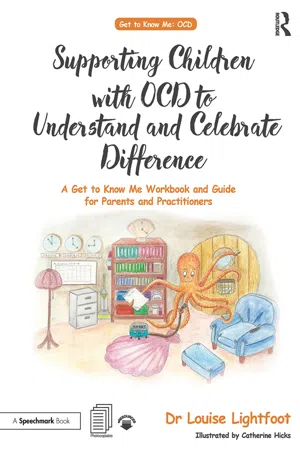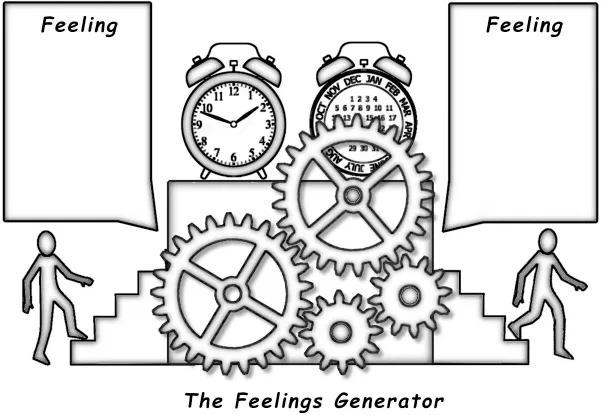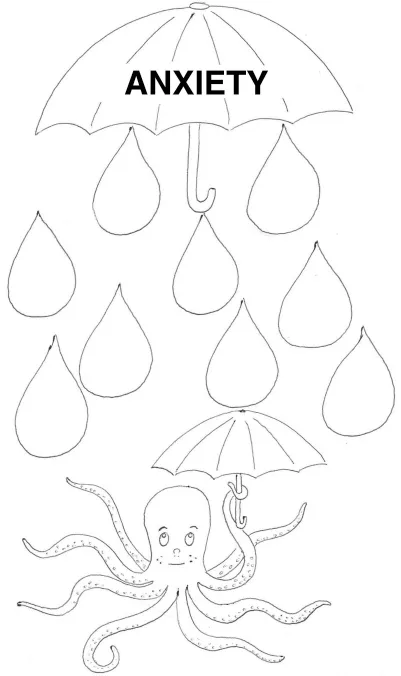
Supporting Children with OCD to Understand and Celebrate Difference
A Get to Know Me Workbook and Guide for Parents and Practitioners
- 76 pages
- English
- ePUB (mobile friendly)
- Available on iOS & Android
Supporting Children with OCD to Understand and Celebrate Difference
A Get to Know Me Workbook and Guide for Parents and Practitioners
About This Book
The 'Get to Know Me' resources aim to support children, with those around them, who may have additional/special educational needs. They are designed to empower the professionals and adults who support those with identified needs. Developed by child psychologist Dr Louise Lightfoot, the series includes activities specific to anxiety, depression and Obsessive Compulsive Disorder(OCD). In supporting the social and emotional health of students, it equips them with the ability to thrive, personally and academically.
This book has been created for key adults (teachers, therapists and parents) as a complement to the picture book and draw along versions of Tidy Tim – a traditional narrative story exploring thoughts, feelings and sensations experienced by many children with OCD. The activities in this book offer practical tools and strategies to support the child and those around them in addition to the information specific to the condition to improve understanding of a child's needs to promote empathy and acceptance.
Picture book and draw along versions of Tidy Tim are available separately, and as part of the Get to Know Me: Obsessive Compulsive Disorder (OCD) set.
Frequently asked questions
Information
Chapter 1
Feelings generator

- Scared
- Anxious
- Happy
- Ashamed
- Proud
- Sad
- Bad
- Photocopy the flash cards so there are two sets of each feeling. Use these to play ‘snap’. This helps to improve word recognition.
- Place the photocopied flash cards on a table in a random order paying close attention to the cards. Then turn them over and pick up two cards displaying the same feeling if you can remember where the cards are! Set aside each matched ‘pair’. This can be played alone or with others. The person with the most pairs wins! This game improves memory and attention.
- Mix the cards up and use to play charades. Each person should pick a card and act out that feeling whilst the other players guess. This can be done in a pair or in teams. This is useful in supporting emotional intelligence and for recognising behaviours in ourselves and others.

Chapter 2
Anxiety umbrella
- Are some words easier to find than others?
- Do you know what all the words mean?
- Are all the words around anxiety ‘bad’ can you think of examples when being anxious is good?
- When does anxiety become bad?
- Do other feelings look like something else when it is really anxiety that the core feeling?
- What terms do you use when describing your emotions?

Table of contents
- Cover
- Half Title
- Series
- Title
- Copyright
- Contents
- Acknowledgements
- Introduction to the Resource Pack
- Chapter 1 Feelings generator
- Chapter 2 Anxiety umbrella
- Chapter 3 The bridge to success
- Chapter 4 Colour your feelings 1
- Chapter 5 Colour your feelings 2
- Chapter 6 Compliment cards, part 1
- Chapter 7 Compliment cards, part 2
- Chapter 8 Draw a picture of yourself
- Chapter 9 Spot the strengths!
- Chapter 10 The wrong is right game
- Chapter 11 Feelings sorter
- Chapter 12 Tidy Tim’s Activity Book
- Chapter 13 Tidy Tim’s Board Game
- Chapter 14 What happens next?
- Chapter 15 Alternate ending?